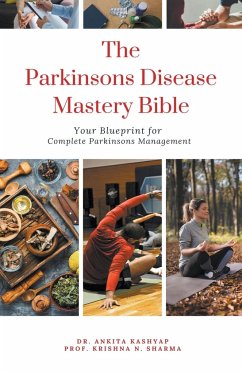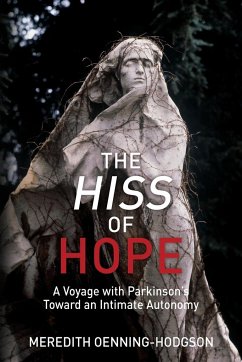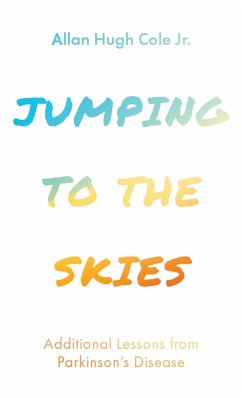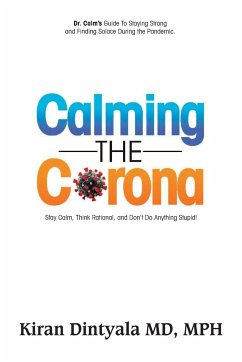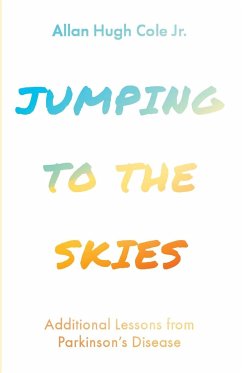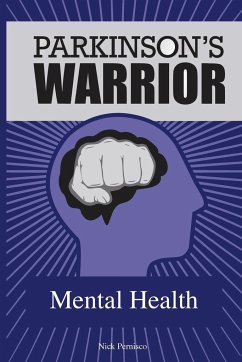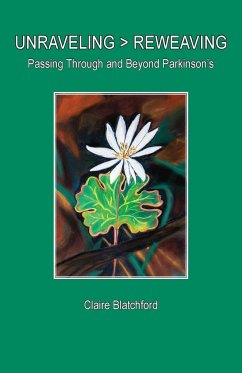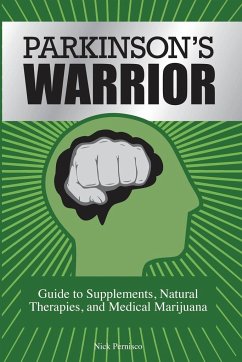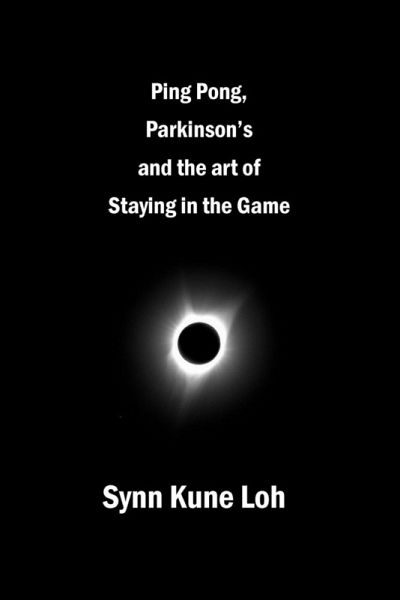
Ping Pong, Parkinsons and the Art of Staying in the Game
Versandkostenfrei!
Versandfertig in 1-2 Wochen
26,99 €
inkl. MwSt.

PAYBACK Punkte
13 °P sammeln!
Author Foreword On July 22, 2015, I was told by a neurologist that I had early symptoms of Parkinson's disease. My immediate reaction was to laugh at the absurdity. "Are you sure?" I asked, "Aren't you going to send me for some tests?" I didn't remember what he said. The weary expression on his face told the tale. Outside his office, reality sank in. For a moment, I stood frozen in the bleak and empty hallway, didn't know what to do or where to go. My mind went blank. Should I tell someone the news? Whom should I call? There was a mirror next to the elevator. I saw myself with a frozen express...
Author Foreword On July 22, 2015, I was told by a neurologist that I had early symptoms of Parkinson's disease. My immediate reaction was to laugh at the absurdity. "Are you sure?" I asked, "Aren't you going to send me for some tests?" I didn't remember what he said. The weary expression on his face told the tale. Outside his office, reality sank in. For a moment, I stood frozen in the bleak and empty hallway, didn't know what to do or where to go. My mind went blank. Should I tell someone the news? Whom should I call? There was a mirror next to the elevator. I saw myself with a frozen expression, panic with open eyes. I caught the image of a sixty-eight-year-old man, living alone, and now wondering, "What's going to happen next?" I realized I must become proactive. In addition to taking medication, I needed to exercise. In my research, I came upon articles about cycling, dancing, ping pong, and even boxing. My decision was easily made. I chose ping pong. With its demand on coordination, reaction time and stamina, the game would be ideal for people with Parkinson's. My hope was to use it to keep the disease outside the door. Another idea came to me. I would also write down my experiences by keeping a journal for one hundred days. Writing would fulfill my creative needs and I would gain insight into my healing journey. There is also a fantasy that the process follows an ancient alchemist's practice to make an elixir. One hundred days of intense observation, thrown into a cauldron, for transmutation. The elixir can be put in simple words, "Something good will happen." I am hopeful it will.



